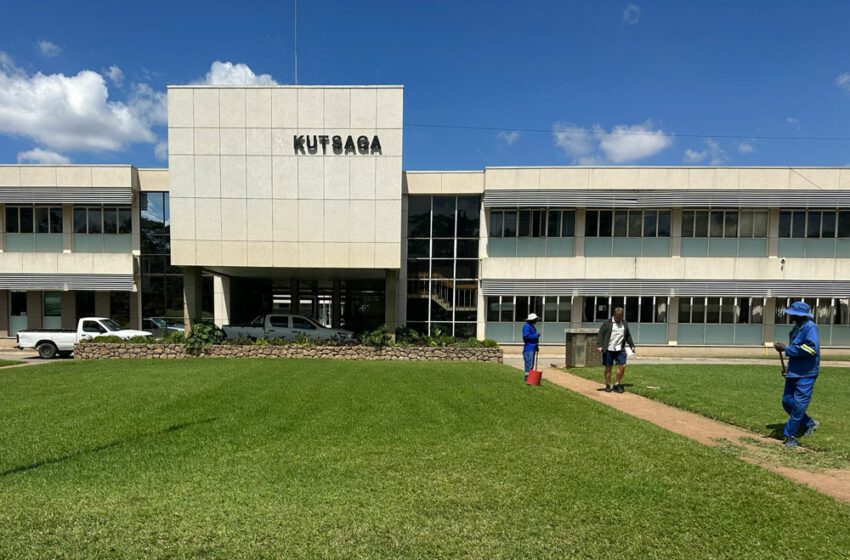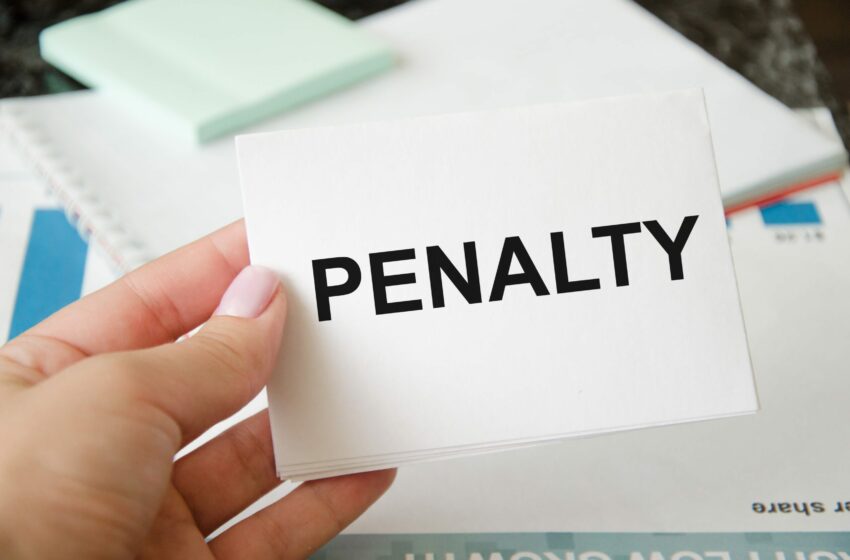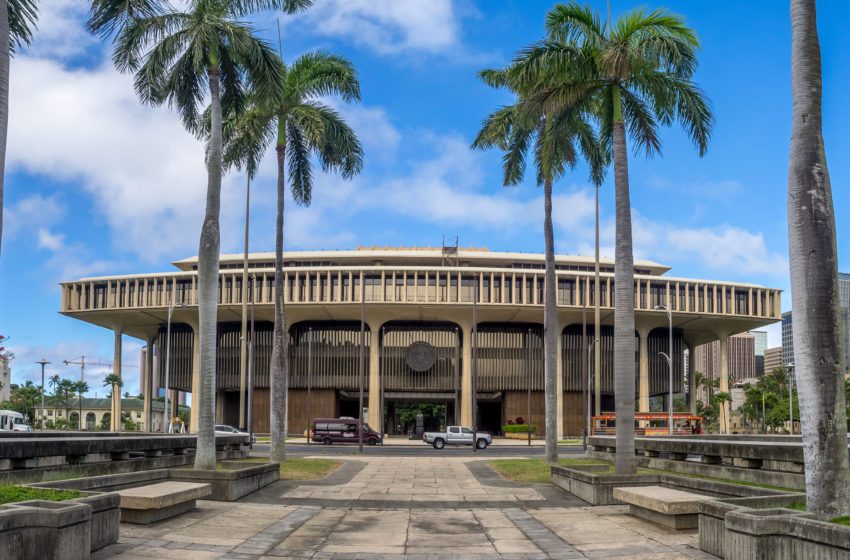The Kutsaga Tobacco Research Center in Zimbabwe announced the phaseout of ethylene dibromide (EDB) effective Dec. 31.
In a notice to the industry, Kutsaga said the measure was necessary to ensure that the country’s leaf tobacco meets international standards. More than 90 percent of Zimbabwe’s tobacco crop is exported.
“No person shall treat any tobacco with a remedy which is not registered nor reap of offer for sale any tobacco treated with nonregistered remedy,” the notice read. “Furthermore, any tobacco so treated will be destroyed without compensation to the grower.”
Zimbabwean tobacco farmers have used the agrochemical for soil fumigation for many years. According to Kutsaga, there are several alternative nematicides and soil formulations available for nematode control. The research station is also evaluating new active ingredients.
EDB joins a growing list of banned fungicides, growth regulators, herbicides and insecticides in Zimbabwe. Other prohibited chemicals include benomyl, butralin and alachlor.
The agrochemical’s discontinuation notice comes as the Zimbabwean tobacco sector anticipates record-breaking tobacco yields for the 2024–2025 growing season, thanks to heightened prospects of good rainfalls due to the La Nina weather phenomenon.











